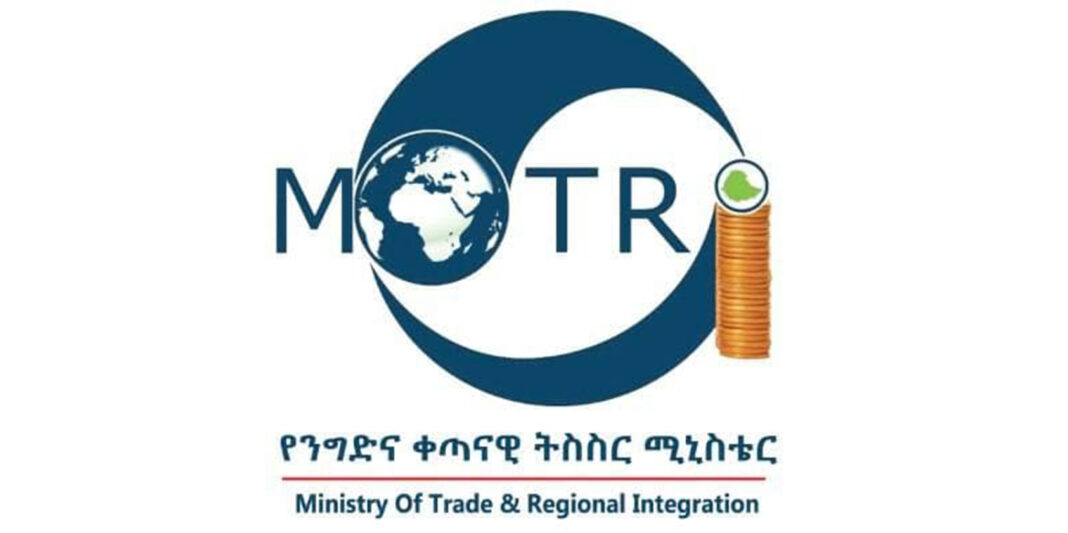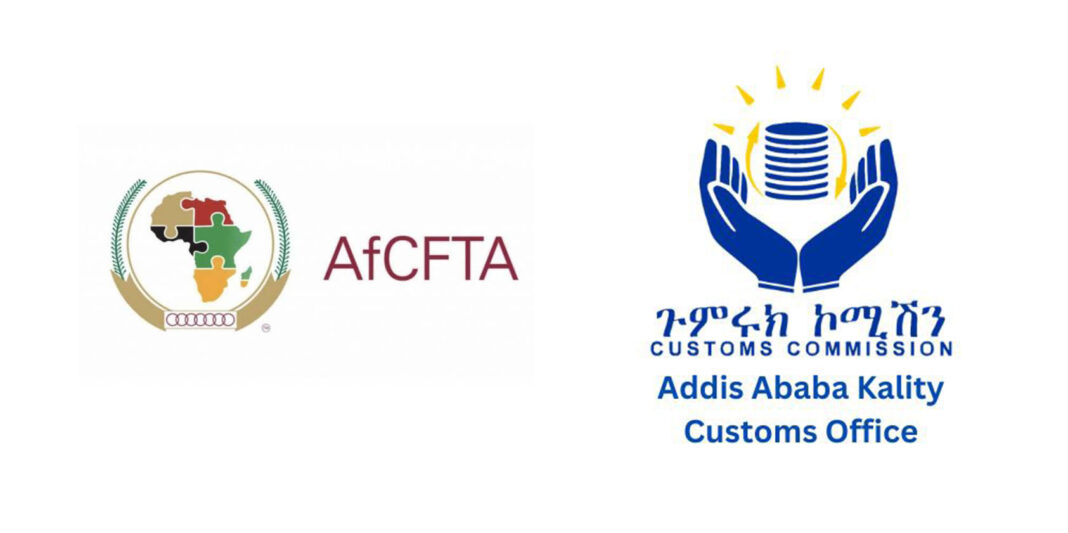Ethiopian commodity exporters are calling for government intervention in the local market to help meet the annual export revenue targets outlined in the national budget. They contend that many export contracts remain unsigned due to local prices being artificially high and disconnected from declining global rates.
This period is critical for securing new contracts with international buyers, coinciding with the arrival of new harvests. However, market activity has surprisingly decreased. As local prices rise contrary to global trends, exporters are adopting a ‘wait-and-see’ approach, hesitant to commit to contracts they fear may be unprofitable.
For example, the local price of sesame is currently higher than the international price, a situation confirmed by multiple exporters.
This issue affects various agricultural commodities monitored by the Ministry of Trade and Regional Integration (MoTRI).
Exporters highlight that the ministry’s weekly indicative price contributes to the problem, claiming it is not accurately guided by international benchmarks. This misguidance leads local farmers and suppliers to hold out for unrealistic rates.
Exporters and experts inform Capital that the resulting high local prices have disrupted the export commodity market, resulting in fewer contracts than expected. They urge the government to ensure the local market is more closely aligned with international price references.
Sector experts agree, stating that the local market is ‘messed up’ due to a lack of information correlated with global rates.
They acknowledge the challenge of controlling prices at the grassroots level but emphasize the government’s responsibility to guide market participants.
Experts caution exporters against engaging in unnecessary domestic competition that could price them out of the international market.
Despite the current disruption, they note that the past harvest season yielded impressive production volumes for major export commodities and identify security issues requiring political solutions as another significant challenge needing government attention.
During a recent meeting at MoTRI with Minister Kassahun Gofe, exporters argued that the ministry’s weekly international price indicator should more accurately reflect actual global market rates. Experts supported this view, suggesting that inconsistencies in the weekly price indications, which sometimes overlook international trends, contribute to market dysfunction.
The call for intervention comes amid ambitious export revenue targets. While Ethiopia secured USD 8.3 billion in the last fiscal year, driven largely by gold and coffee, it has projected an increase to USD 9.4 billion for the current year.
For other agricultural commodities regulated by MoTRI, such as oilseeds and pulses, the goal is to raise earnings to nearly USD 1 billion.
This follows a disappointing performance in the last fiscal year, where export earnings from these sectors fell to USD 876 million, missing the target and falling short of the previous year’s USD 907 million.
Exporters warn that without alignment with global prices, the anticipated foreign exchange inflow from the sector is at serious risk.







